
AWARD-WINNING AUTHOR INTERVIEW — NON-FICTION —with Joni Topper
Can you share a little about your recent book? My book The Power of a Well-Placed Yes: God’s Abundant…
February 1, 2025
Can you share a little about your recent book? My book The Power of a Well-Placed Yes: God’s Abundant…
February 1, 2025
Writers Chat, hosted by Johnnie Alexander, Brandy Brow, and Melissa Stroh, is the show where we talk about all…
November 30, 2023
Several years ago, I portrayed a coal miner in a community play, and it opened my eyes to some…
November 6, 2023
Writers Chat, hosted by Johnnie Alexander, Brandy Brow, and Melissa Stroh, is the show where we talk about all…
October 18, 2023
For years, I dreamed of being an author and seeing my name on a book in a real-live bookstore.…
January 6, 2023My co-host Lori Scott has an exceptional series about bringing her YA novel from concept to reality, but for…
October 16, 2022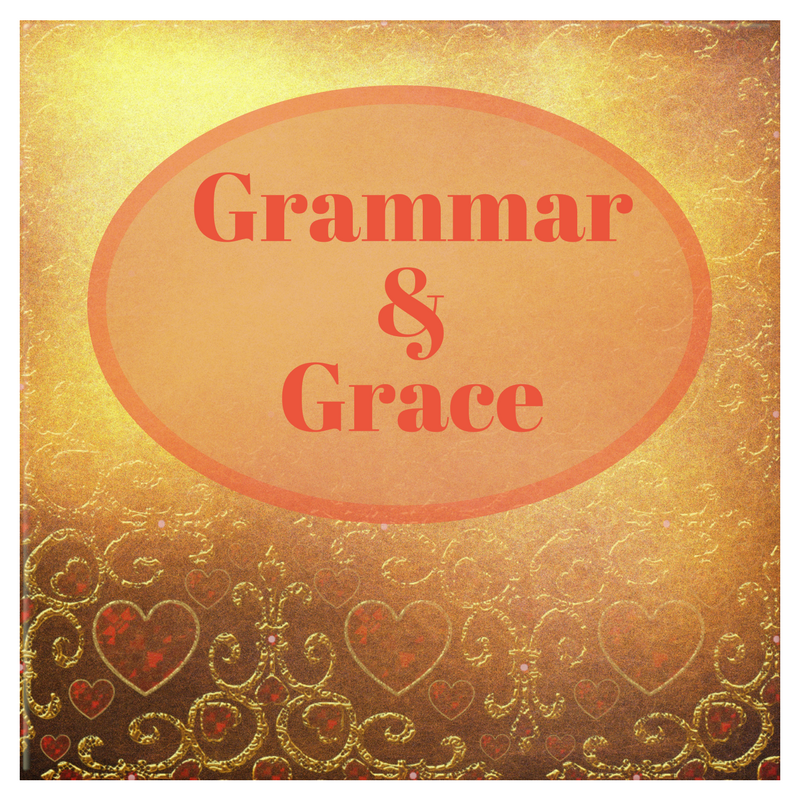
Last year, we explored seven of the eight parts of speech. Then I took a break to address compound…
September 18, 2018
I love cats, coffee, chocolate, and long walks on the beach, especially if the beach has sea glass. My…
May 25, 2018
The writing life stands poised to strike fear into the most steadfast heart—launching arrows of self-doubt, rejection-terror, and insecurity.…
October 24, 2017
When it comes to entering writing contests, it’s important to remember that winning can’t be duplicated. Many children’s…
August 27, 2017
Recently a client and I went back and forth several times until we settled on a title for her…
July 30, 2017
My favorite canine writer, Snoopy of Peanuts fame, received a boatload of rejection slips in his pursuit of a…
July 26, 2017
Hey guys, I wanted to kick this whole thing off by welcoming you to the ranks. (Though I’m sure…
July 23, 2017
So, I guess it’s ok for a writer to be a NASCAR fan—especially a Southern writer, right? I’m a…
July 10, 2017
I am a binge writer. I always have been, and I probably always will be. What is a binge writer you…
July 3, 2017
Can you share a little about your recent book – My last book is titled TREASURED GRACE and it’s…
June 1, 2017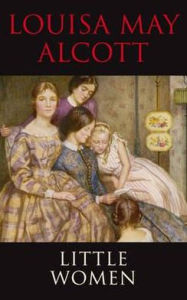
by Sandra Merville Hart I was a teenager the first time I read Louisa May Alcott’s Little Women. A…
April 21, 2017
I frequently get asked the question of how I got published. Okay. I’ll tell. God placed the notion on…
April 20, 2017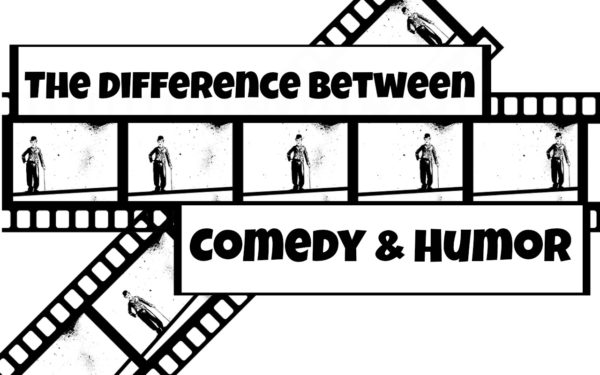
I read a statement once that stuck with me: All comedy has humor, but not all humor is comedy.…
February 26, 2017
By Sandra Merville Hart A few family members came over to watch a movie this weekend. The dramatic…
February 24, 2017
By Sandra Merville Hart It happened again. Somewhere in the middle of writing the novel, the story got stuck…
January 21, 2017
For this post, I’m suggesting some books that you may want on your bookshelves or your may want to…
January 17, 2017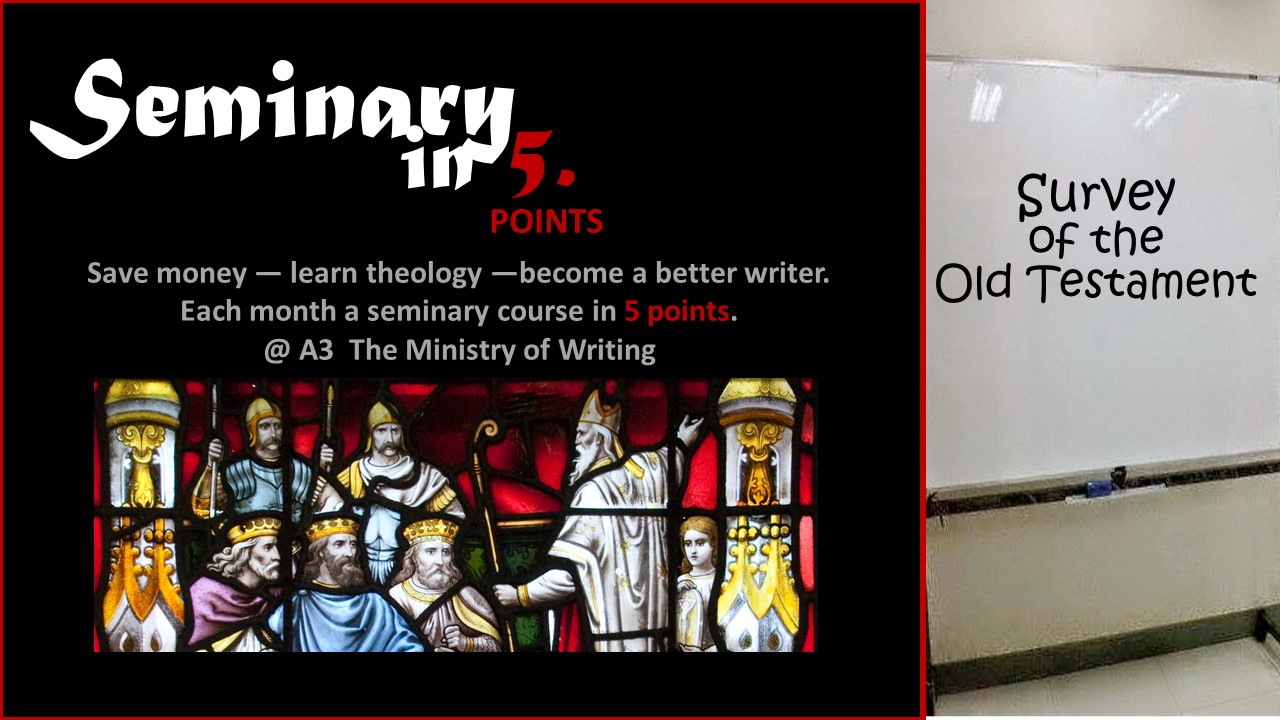
Save money. Learn theology. Become a better writer. Minister more effective. That’s my hope for you. In this second…
January 10, 2017
By Sandra Merville Hart Somewhere in the midst of writing my second novel my story started to get…
December 21, 2016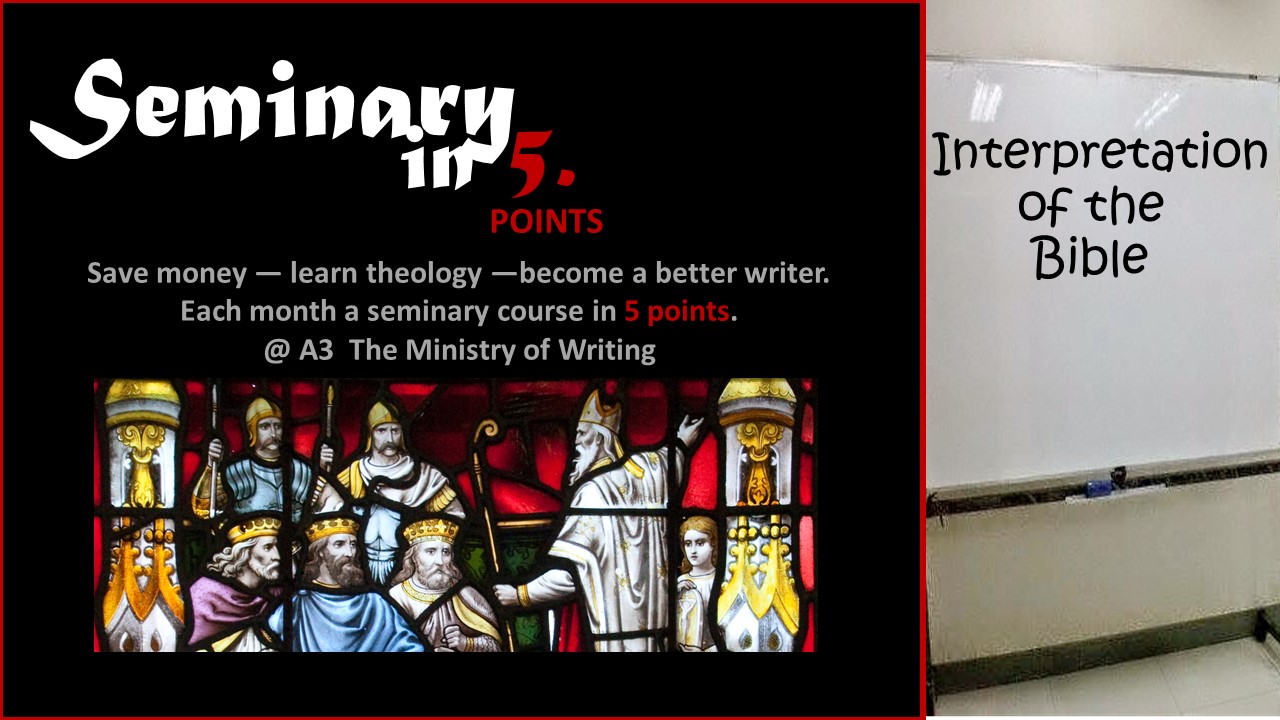
Save money. Learn theology. Become a better writer. Minister more effective. That’s my hope for you. In this second…
December 10, 2016